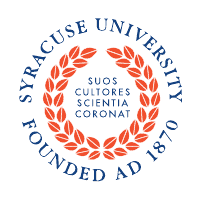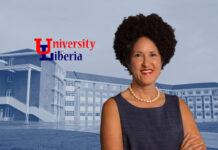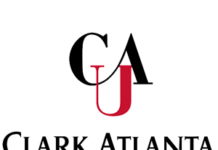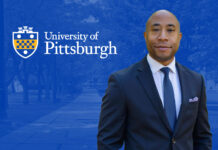 The Syracuse University College of Law has partnered with three historically Black schools in Atlanta, Georgia, to establish a 3+3 admissions program between the institutions. The participating HBCUs are Clark Atlanta University, Morehouse College, and Spelman College.
The Syracuse University College of Law has partnered with three historically Black schools in Atlanta, Georgia, to establish a 3+3 admissions program between the institutions. The participating HBCUs are Clark Atlanta University, Morehouse College, and Spelman College.
The new program will allow students to earn a bachelor’s degree from their respective HBCU and a juris doctorate from Syracuse in an accelerated format. Participating students will spend three years completing undergraduate coursework at their HBCU and then spend three years at Syracuse’s College of Law. Additionally, law students will have the option to jointly earn a master’s degree through other Syracuse University schools and colleges. This means that through this program, students will have the option to earn three degrees in just six years.
“Partnering with these distinguished HBCUs to create a 3+3 program significantly reduces the time and cost required for qualified African-American students to obtain a 21st-century legal education at Syracuse,” says Craig M. Boise, dean of the Syracuse College of Law. “This is one of the ways we can address the legal profession’s need for more diversity among the ranks of lawyers. I join our faculty, staff and students in looking forward to students from these renowned colleges becoming members of our College of Law family.”
Additionally the College of Law expanded its externship program to Atlanta to provide field placements in the city and its surroundings. The college also has hired a liaison in Atlanta who will be available to meet with students from the three HBCUs and answer questions about the new program.
“Developing the accelerated dual degree (bachelor’s and juris doctor degrees) between Clark Atlanta University and Syracuse University College of Law is mutually beneficial. This endeavor aligns with our efforts to expand academic pursuits for Clark Atlanta graduates,” says Dorcas Bowles, provost at Clark Atlanta University. “As such, this partnership increases our students’ academic and career success and will serve as a beacon of access and opportunity for African Americans and other underrepresented populations in the field of law.”











